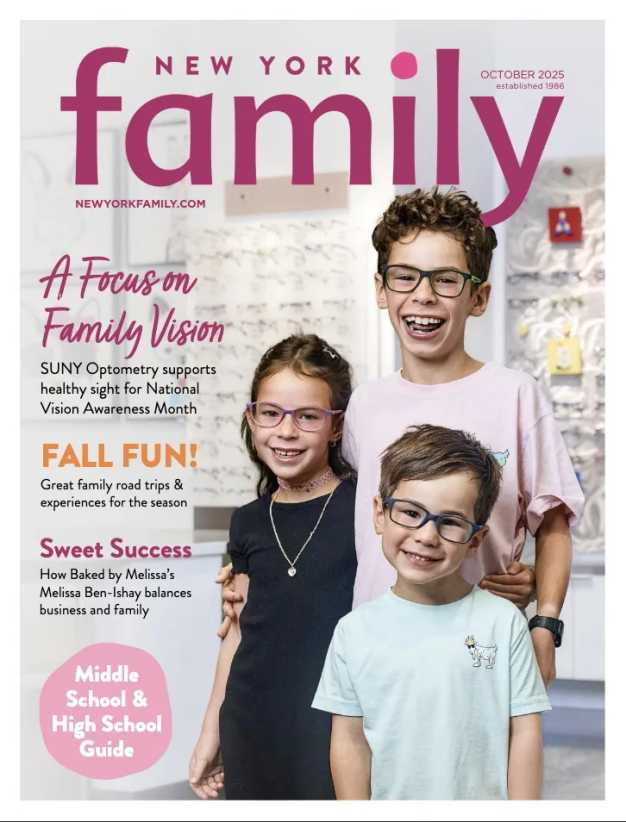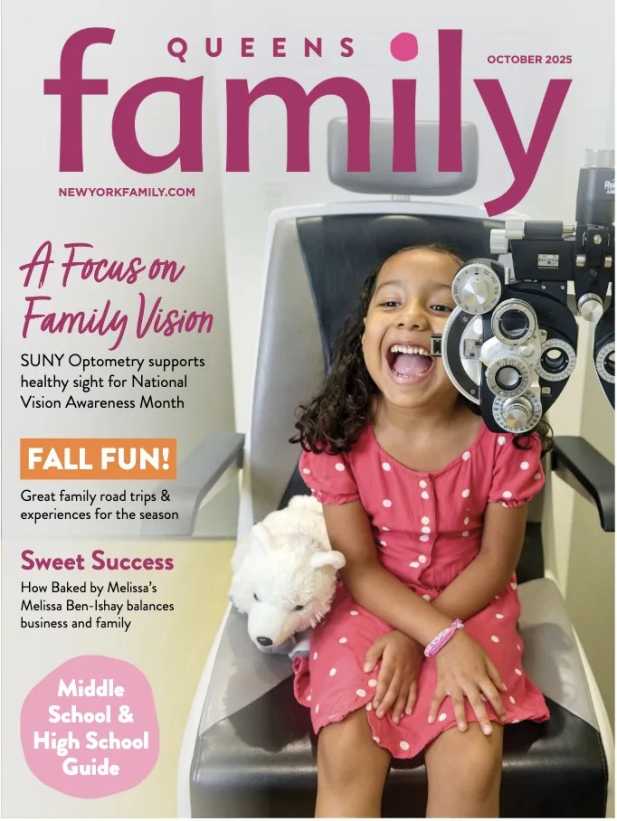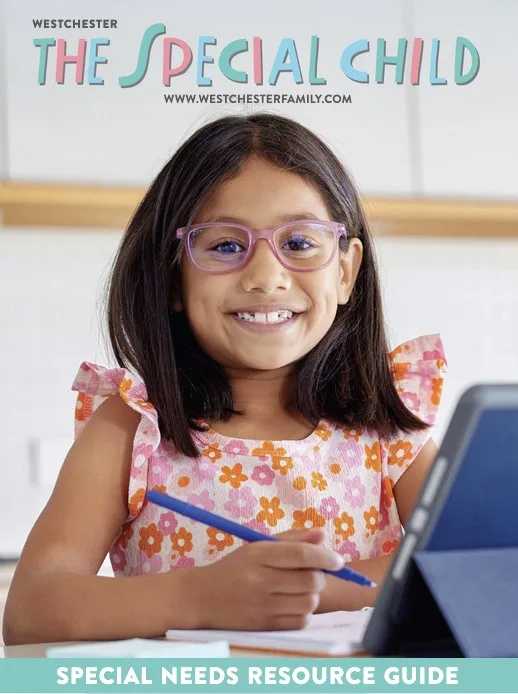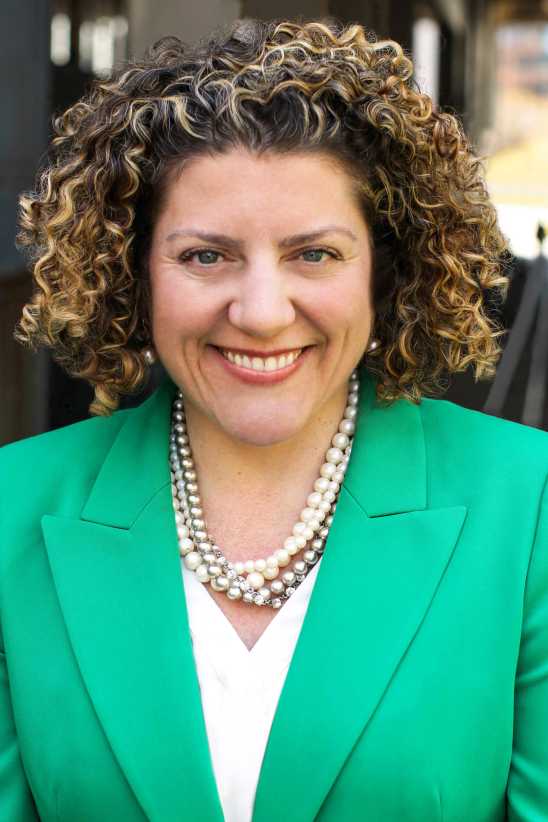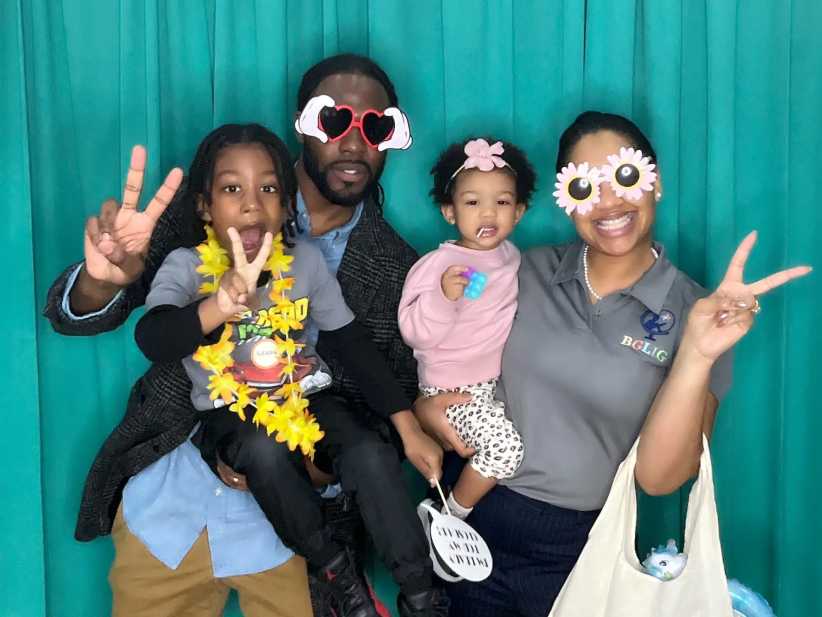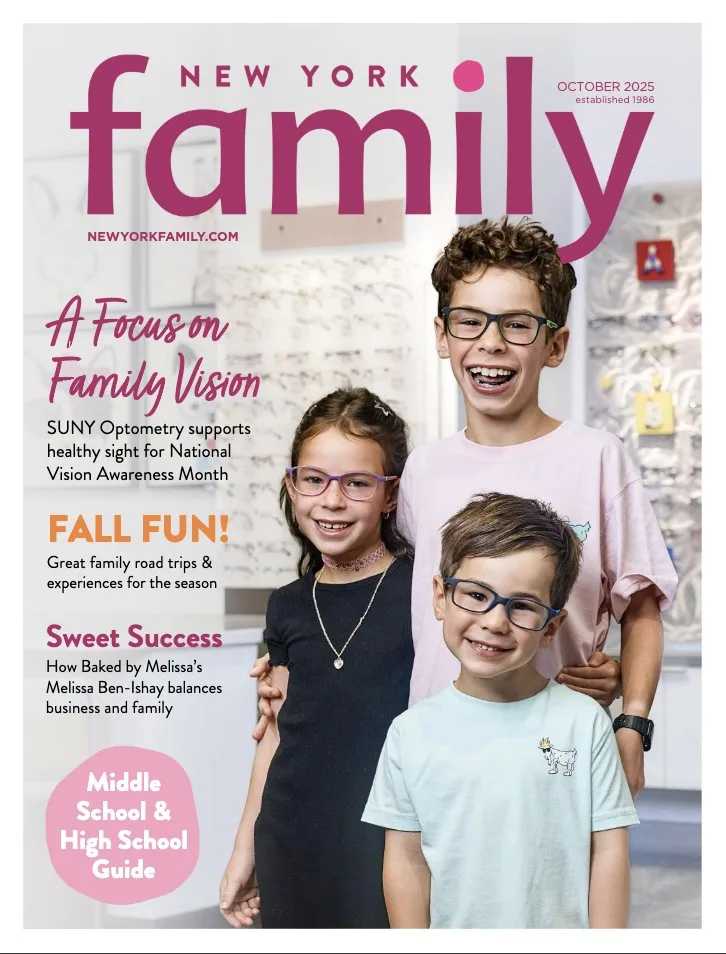Over the past ten years, enrollment in preschool programs has increased significantly. Parents yearn to enrich their child’s social, emotional, and early learning skills while effectively preparing them for Kindergarten. Yet choosing the right program for your child can be a challenging task. Each preschool seems to embody a different philosophy–some are play-based, while others emphasize more of a structured, academic approach. Both philosophies have pros and cons, and understanding their key components can help you choose the right program for your child.
Play-Based Preschools
Play-based preschools emphasize developing social and emotional skills over structured academics. Classrooms are typically set up with various stations–a water table, block area, reading section, play house, sensory table, dramatic play area, and so on, and children choose their own activities based on their interests. If a child loves building, for instance, he can venture towards the block section. If she loves dressing up and acting out scenes, she can meander over to the dramatic play area, and if he loves cooking and preparing meals, he can play in the kitchen area. Rather than providing direct instruction, the teacher acts as a facilitator, modeling effective social skills and observing children as they play. Teachers may infuse academic principals through various themes, without actually teaching specific lessons in a structured format. Play-based preschool supporters argue that play is the modality with which young children learn best, and that children who learn to self-regulate, achieved through play, are more likely to be successful in life.
Sample Play-Based Lesson: Various play-based curricula exist, emphasizing children’s social and emotional development. One such program is Tools of the Mind, which integrates self-regulation as a major component of its instruction, among other skills. With this curriculum, children may engage in a “twist” on the Freeze Dance game. To play, music is turned on and children dance in pairs, in all different directions–left, right, on the floor, or in the air. When the music stops, the teacher holds up a poster containing stick figures and the children stop dancing. With their partner, they must try to copy the figure on the poster. As children play this game, they learn to self-regulate and control their body motions, which are important skills for future success.
Academic-Based Preschools
Many parents fret about their children being aacademically prepared for Kindergarten, particularly with the recent academic “push down.” Kindergarteners are now expected to learn the same material in many schools that first graders once did. Parents who want their children to begin building their academic foundations early-on and whose children respond well to structure may choose a preschool that embodies a more traditional, teacher-directed approach.
In these types of academically-oriented classrooms, days are more structured and predictable. Students follow a set of lessons and activities that are prepared by the teacher, which are typically focused on a specific topic or theme. In this environment, instruction is guided by the teacher, and children typically learn letters, sounds, shapes, numbers, and colors, while also developing their phonemic awareness and handwriting skills.
Sample Academic Lesson:In a traditional preschool classroom, a teacher may conduct a specific lesson on phonemic awareness–or the ability to hear, recognize, and manipulate sounds in words. In doing so, she may explain a given concept, such as rhyming, and go around the room asking the children to come up with a word that rhymes with cat, dog, tree, and so on. She may also ask the children for the first sound they hear in the word cat, pig, or fish; the last sound they hear in bed, cup, or car; or how many words they hear in a given sentence. Developing such phonemic awareness skills can build a foundation for reading success.
In fact, two studies were conducted which identified preschool predictors of elementary reading success. They assessed pre-reading skills in preschool-age children and followed these children into elementary school. The studies found that specific pre-reading skills, including phonemic awaress (such as rhyming and identifying sounds in words), knowledge of print (including letter names), and writing (writing a child’s own name) were strong predictors of reading achievement in elementary school. Thus, there is proven value in teaching these pre-reading skills in preschool classrooms.
What To Do?
All of this information can be downright confusing. Most parents aim to find the right preschool environment that will stage their child for future success. But how do you know which option is best for your child? Research is conflicted on this matter. Some studies have found that play-based environments that emphasize social, emotional, and behavioral skills best predict future success, while others have found that developing academic and focusing skills using a traditional, structured approach directly correlates to such success.
Going Hybrid
Perhaps the solution for many children is a preschool that falls into the middle–one that emphasizes play, but also infuses some academic instruction. Children may start their days at various stations–dramatic play, water stations, and the like–and later transition into a more academic lesson. For instance, they may play a “ball” game for building phonemic awareness skills, where they stand in a circle and say a rhyming word as they catch a ball. Perhaps they begin to learn letter formations by tracing them in sand or shaving cream, or find items in a classroom that begin with a given sound. Learning academic principals doesn’t need to be fully structured and traditional; it can complement a play-based program, ultimately developing social, emotional, as well as key early academic skills.
Dr. Emily Levy is the founder of EBL Coaching, a tutoring program that specializes in one-on-one home and on-site instruction for students in grades preK-12 in NYC and NJ. She is also the author of Strategies for Study Success, a study skills workbooks series emphasizing test taking, note taking, reading comprehension, writing, and summarizing strategies, and the Flags and Stars Orton Gillingham student workbook series. These workbooks are currently used at schools nationwide. To learn more about Emily Levy and EBL Coaching, visit eblcoaching.com!
